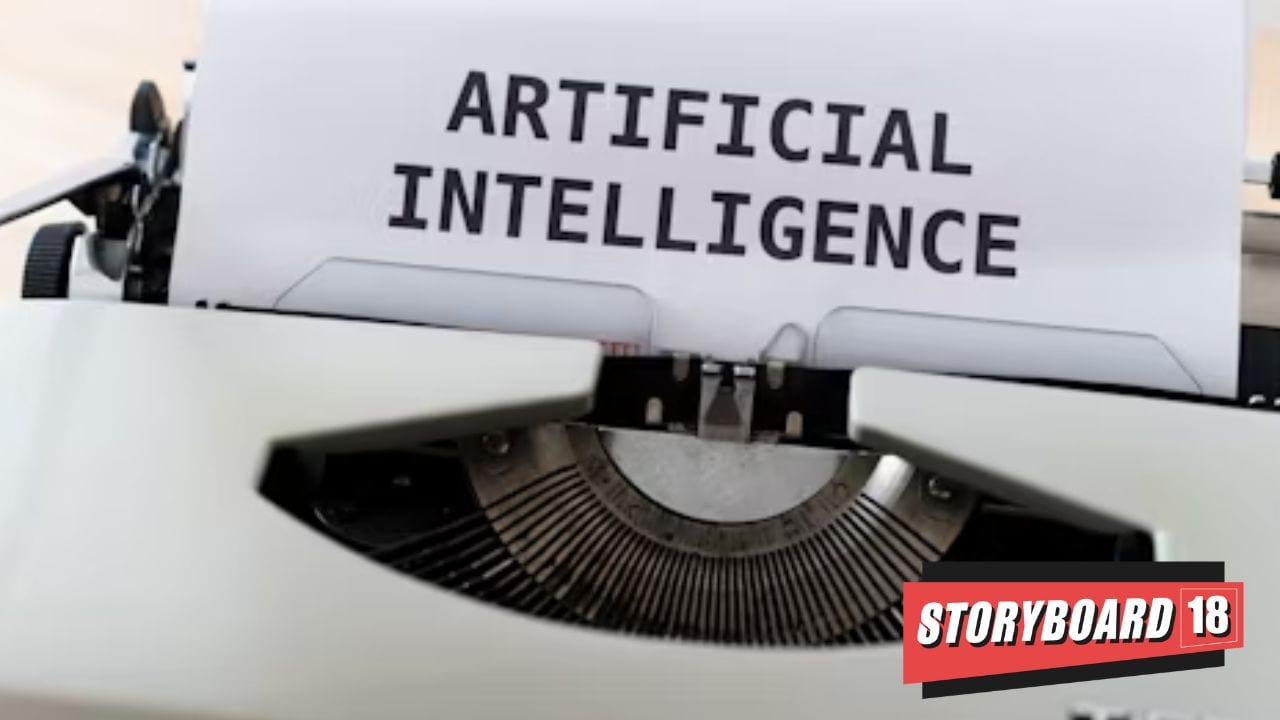In a written reply to a question in Lok Sabha on July 31, Jitin Prasada, Minister of State for Electronic and Information Technology (MeitY), emphasised that the Ministry has been engaging with and receiving inputs from the public and stakeholders, including in respect of changes required to existing legislation and the need to introduce fresh legislation related to deepfakes.
In November last year, again in December and recently in March this year, the Ministry sent advisories to social media firms to comply with the Information Technology (Intermediary Guidelines and Digital Media Ethics Code) Rules, 2021. The advisory was aimed at getting social media firms to crack down more forcefully on fabricated ‘deepfake’ clips of people made with Artificial Intelligence.
MeitY also issued an advisory mandating the labelling of under-trial AI models and prohibiting unlawful content.
In May, IT Secretary S Krishnan further reassured that while the government seeks to regulate AI, it will not stifle innovation. The Ministry is said to be drafting a new AI law which will require social media platforms Facebook, Instagram, YouTube, and X to include watermarks and labels on content.
In January, the outgoing Minister Rajeev Chandrasekhar first announced that the government is set to notify rules that will mandate social media platforms to tackle the menace of deepfakes, after repeated advisories failed to get the desired result. He then shared that a ‘bystander clause’ will be added to the IT Rules, where users or bystanders can report incidents of illegal content to the police, which will have a similar effect as provisions available under the Protection of Children from Sexual Offences Act. Chandrasekhar also signalled the government’s intention to block platforms that underestimate the threat of deepfakes.
The IT Rules, 2021 cast the obligations on the intermediary platforms to not allow hosting, sharing, uploading, transmitting, etc. of any prohibited information that includes information that is misinformation and patently false information on the Indian internet or that impersonates another person. Where any information falls within the categories prohibited under this Rule, any user may request the Grievance Officer of the concerned intermediary on whose platform such unlawful information is made available to the public. Upon receipt of such request, the intermediary is required to act expeditiously within the timelines prescribed under IT Rules, 2021.
Also, under the IT Rules, the Government has established Grievance Appellate Committees to allow users and victims to appeal online on against decisions taken by the Grievance Officers of intermediaries in case they are dissatisfied with the decision of the Grievance Officer.
